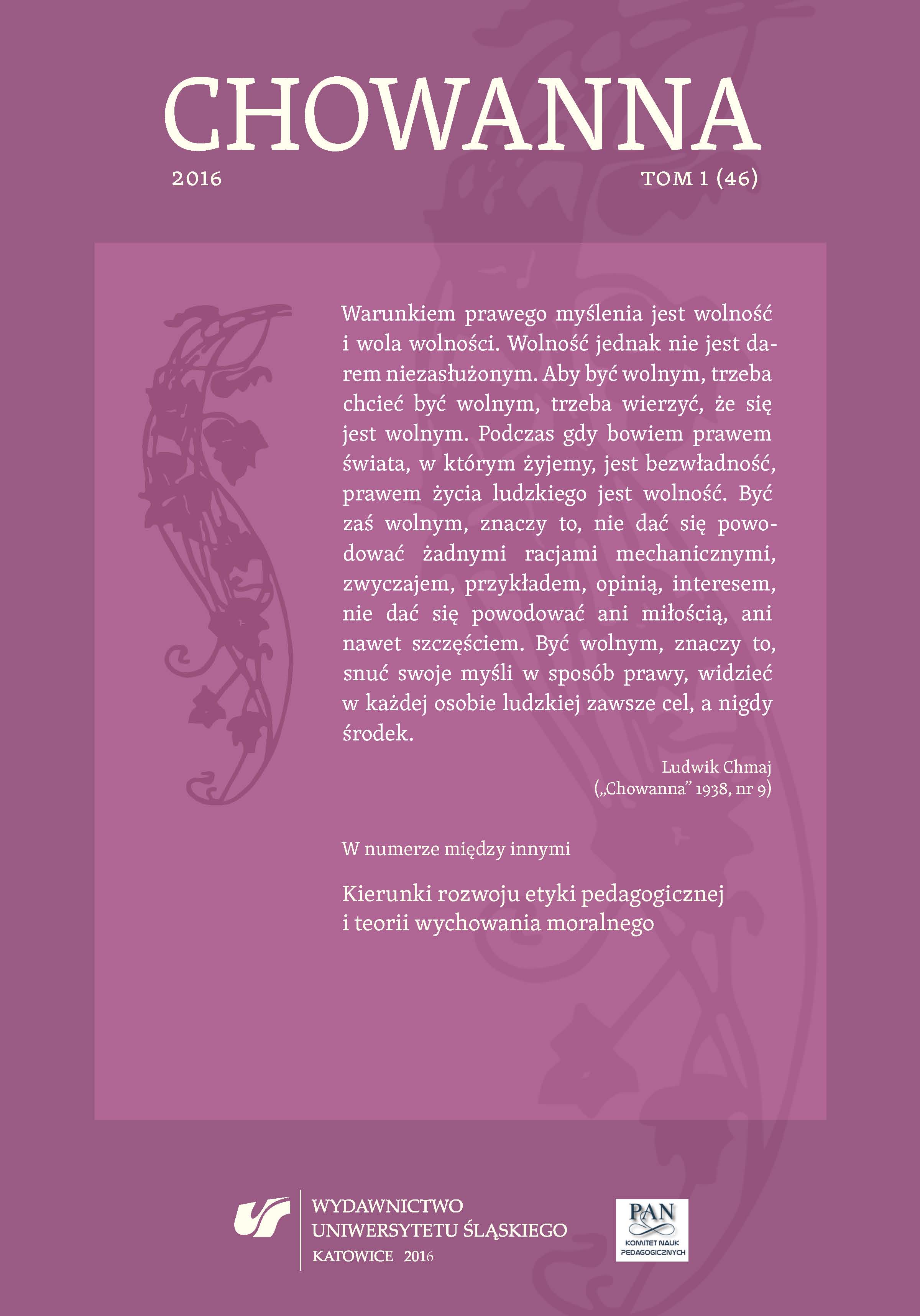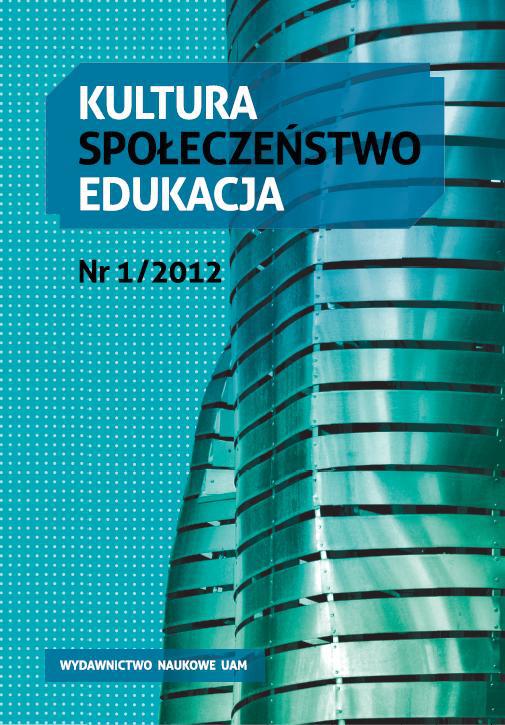The Contemporary Society, Changes in the Job World – Challenges for the Future
Author(s): Agnieszka Cybal-Michalska / Language(s): English
/ Issue: 1/2012
Keywords: contemporary society; globalizational processes; socio-cultural transformation; heterogeneity; orientations of society; job market; living to work
The narrative used in the article refers to the interpretational complexity of the phenomenon of contemporary society. Globalization ful� lls a wide spectrum of the global world phenomena in the situation of unobviousness, diversity, ambivalence and ambiguity, which in� uence the new quality of sociocultural life. Trying to understand the content given to the distinguished de�finitions of society, intellectuals refer to the theory of the social development and to the interpretation of the mechanisms of a social change, with a focus on the spheres of social life, which are the impulses for changes taking place in the society. Emphasizing heterogeneity and changeability of forms of postmodern social organization, one may point to the following orientations capturing subtleness of the contemporary society: orientation to a global change, orientation to a certain type of civilization ascription to risk, orientation to responsibility, orientation to anticipation, orientation to responsible participation and cooperation in a changing and interdependent global society, orientation to knowledge, orientation to experience borrowed from the media, orientation to the consumption ideology. Society faces the task of selfdetermination in the situation of non-obviousness, risk, fragmentation and ambiguity. By no accident then, were the the globalizational processes in the world and a critical and permanent thought and evaluation of the changes taking place in the modern global society, in the focus of the authoress. Paying attention to the quality of the global “cultural ecumene” (U. Hannerz) inclines re� ection about global changes in lifestyles which is meaningful for the quality of changes in the job world and career planning and career management practices. The sequential development of an individual (which is integrally linked with the career development) constitutes the essence of the process, which is lifelong. The economy which is based on knowledge determines the orientation on knowledge of the contemporary society. The development of careers of members in such a society is its crucial element. Moreover, the quality of socio-cultural and economic changes will demand constant career management and modi� cation of its individualized paths.
More...


